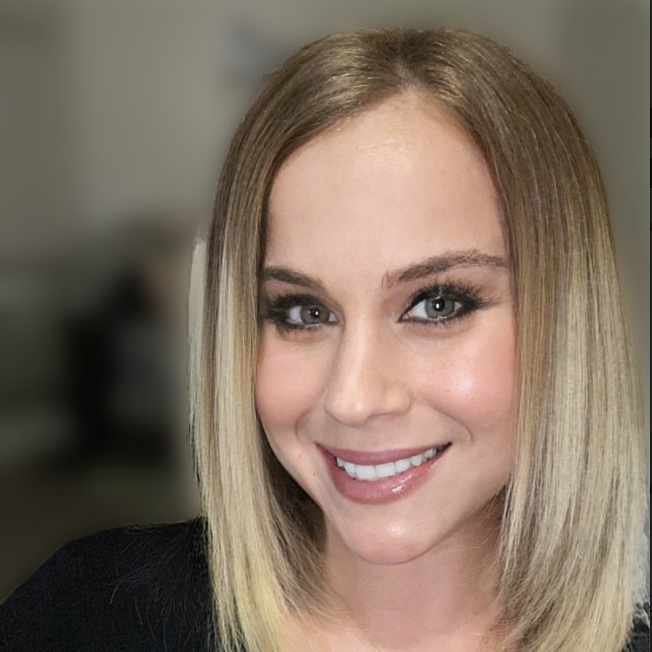By: Nathan R.
Staci C., a resident of Beit T’Shuvah, recalls the strong work ethic and dedication to service that her family taught her. Her family participated in a variety of volunteer activities when she was younger and instilled within Staci the value of education. “One of my proudest achievements is graduating from college and working to make a difference in the lives of others.”
After college, Staci combined her education and commitment to helping others into a job overseeing a grant to help at-risk teens graduate from high school. Some of these youth had experienced profound trauma and Staci was eager to be a positive role model. Below the surface, however, she was avoiding her own past trauma. “What’s ironic was that I was still harboring a lot of trauma inside. I never really worked on my inner child.”
The dissonance between the eagerness to help her clients in need and her fear of processing her own past took its emotional toll. Staci eventually resorted to abusing alcohol to numb the pain of seeing her own past in her client’s experiences. “I would drink vodka and red bull at night, then wake up the next morning and run five miles to detox from the alcohol. I did that for two years.” Eventually, the grant funding stopped and her job wasn’t renewed.
Staci had her first intervention after she blacked out during a weekend watching NHL hockey, and ended up at a rehab in Thousand Oaks. Afterward, she got hired at a Malibu treatment center, and was employed there for a couple years, eventually working her way up to management. “I was sober, working out, healthy, loving life.”
Staci’s hectic work schedule started to affect her relationship with her boyfriend. “I didn’t pay any attention to him, but I told him that we’d been together for almost four years.” She gave him an ultimatum: “Let’s get married or let’s split up.” He asked her to marry him in front of her whole family. On the morning of her wedding day, she recalled feeling doubtful, confiding to her best friend she wasn’t sure if she wanted to marry him. “I wasn’t sure if he was my soulmate, and I had just begun to recognize my codependency.” She got married anyway and relapsed that night on alcohol.
She continued to drink on her honeymoon, and after returning home, she returned for another stay in treatment. She later moved to Texas with her husband, and she relapsed again and spent a week drinking before calling her family, who helped her move back to California. She entered a treatment center in Camarillo, where she was later hired and eventually worked her way up to becoming program manager. After a year and half of working there, she relapsed and quit her job. Her mom arranged a phone assessment interview with Beit T’Shuvah.
She was accepted into the program and spent a little over a year here. After a few months away, she returned in January with a renewed focus. “I came back broken and hopeless, and I surrendered to the program and became ready to work on myself. I was willing to listen to my entire treatment team this time.” Therapy and counseling have been a huge part of her recovery this time. “My therapist, Julia, has been there every step of the way. Rabbi Kerry has taught me how to embrace the community and see the love surrounding me. And Jessica, my counselor, has fought for me and has helped me break down my walls.”
One focus of Staci’s recovery this time is an evolution in her concept of love. Her long-held beliefs defined love in terms of how she was treated by men. “Love was defined by my traumas.” She’s trusting her treatment team this time with teaching her the skills so she can define love in a different way. “For the longest time I hid behind my shadow self and was afraid of looking at myself in the mirror. Beit T’Shuvah has opened my eyes up to a community full of authentic love.”
Looking to the future, Staci wants to return to working in the non-profit field, helping at-risk youth. “I believe I was put on this earth to make a difference in the lives of others. I understand that’s only possible if I continue to work on myself on a daily basis, practice self-care and remain sober.”
